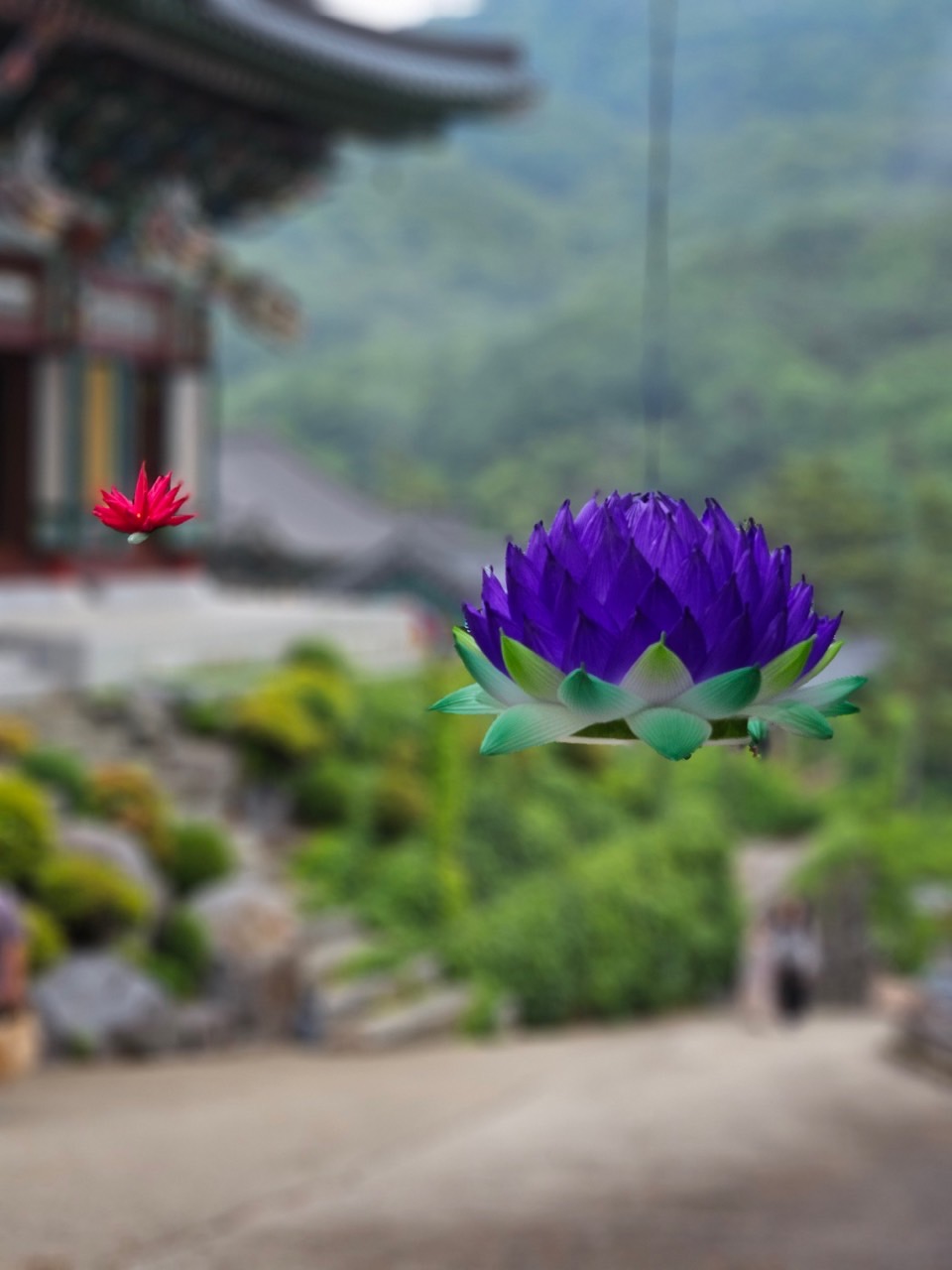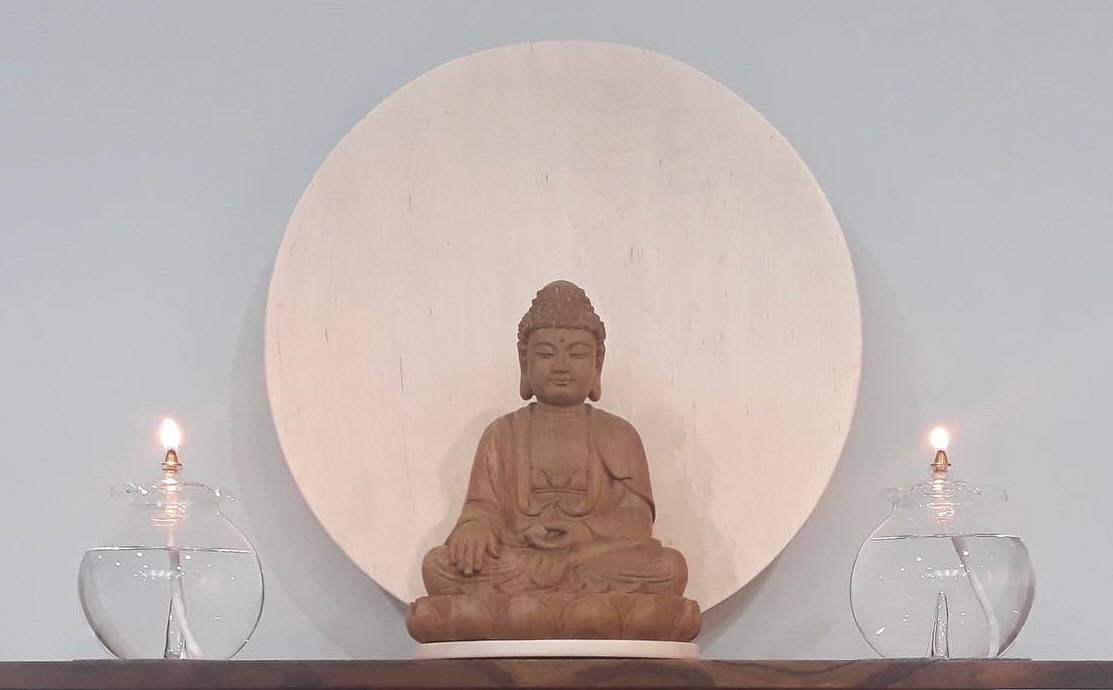Seung Sahn International zen center Musangsa is open to anybody who seeks true meaning of life and its direction disregarding race, religion, nationality and age. Musangsa walks together with you on the Boddhisattva path. Through practicing with us, you will be able to find your true self and help your neighbors, society and whole world with your compassionate mind.
Musangsa Dae Jeon International Meditation Center
Musangsa has opened a meditation center in Daejeon.
Address : Room 2001, Hongin Officetel, 536-9, Bongmyeong-dong, Yuseong- gu, Daejeon City.
E-mail : office@musangsa.org
TEL : +82 42 841 6084
Deajeon ZC Schedule Programs Times Evening Practice Every Wednesday 7PM-8:30PM Wednesday Dharma Talk Every Last Wednesday of Each Month 7PM-8:30PM Beginner's Program Every Second Tuesday of Each Month 7PM-8:30PM One-Day Retreat Every Second Saturday of Each Month 9AM-3PM
We welcome all of you to our evening Zen practice. There’s no need to sign up.
- 1st session – Why do we sit? (Registered participants)
- 2nd session – Why do we bow? (Registered participants)
On the second Saturday of every month we hold a one-day meditation retreat from 9:00 AM to 3:00 PM
If you would like to participate in Beginners’ Class or a one-day meditation retreat, please contact Musangsa office.
e-mail: office@musangsa.org
phone: +82 42 841 6084

